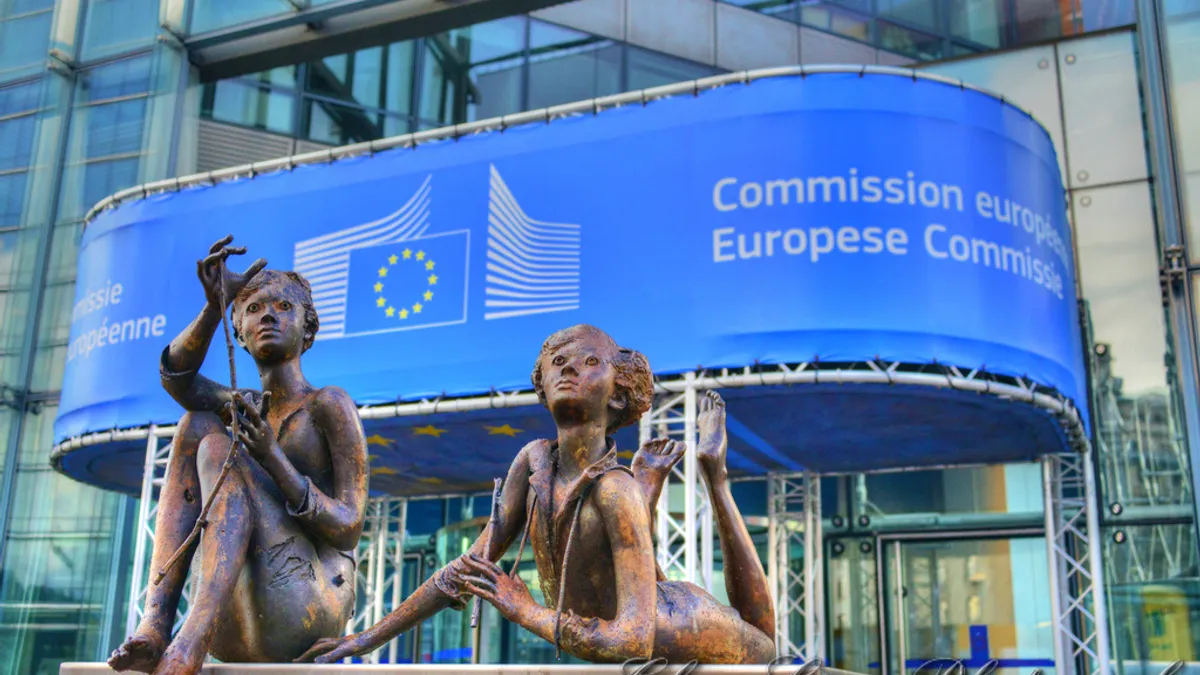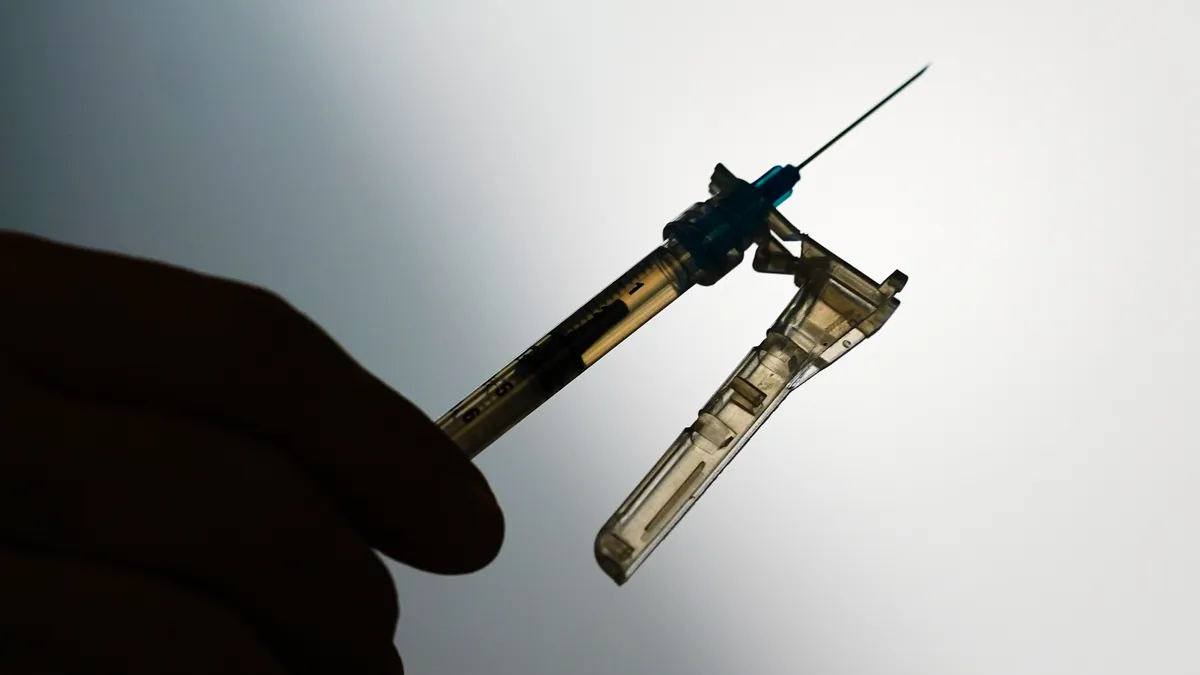Notified bodies in Europe are struggling to keep pace with an increasingly heavy workload ahead of introduction of some of the most significant changes in a generation to the regulation of medical devices in Europe.
An overhaul of European Union medical device regulation is slated to come into play May 26, 2020. MDR has reclassified many devices to a higher risk level and, as a result, a large number will require notified body review— including those that used to be able to self-certify under the older EU directive. On May 26, 2022, the In Vitro Diagnostic Regulation, will come into effect.
But as of Dec. 9, only seven of the entities responsible for certifying devices under the new regs are designated under the MDR. Two of those are also designated under the IVDR.
When have notified bodies been designated under the two regulations?
| MDR | IVDR | Notified Body | Country |
|---|---|---|---|
| Jan. 2019 | Oct. 2019 | BSI | U.K. |
| Aug. 2019 | Oct. 2019 | Dekra | Germany |
| Sept. 2019 | TÜV Rheinland | Germany | |
| May 2019 | TÜV SÜD | Germany | |
| Aug. 2019 | IMQ | Italy | |
| Nov. 2019 | DARE!! Services B.V. | Netherlands | |
| Nov. 2019 | BSI | Netherlands |
Manufacturers of all sizes are struggling to secure a NB certified under the new reg, impacting their ability to keep their devices on the EU market. Without it, manufacturers can't sell their devices in the EU.
Although the European Commission's top health official Vytenis Andriukaitis said in June he expected a total of 20 could be designated by year's end to handle the workload, the pace has lagged far behind.
"We need more notified bodies to secure the healthcare system in Europe," Bassil Akra, vice president, global strategic business development at TÜV SÜD, told MedTech Dive.
"There continues to be an extraordinary workload with manufacturers looking to recertify two to three years of product renewals under the existing directives before May 2020," Gary Slack, BSI Group's senior vice president of medical devices, told MedTech Dive.
It’s not clear whether there will be enough entities to handle the increased workload ahead of the 2020 deadline. According to an EU database, the seven designated under MDR are BSI UK, BSI Netherlands, TÜV SÜD, Dekra, IMQ, TÜV Rheinland and DARE!! Services B.V.
Part of the challenge is getting accredited under the new rules is a complex and long process. BSI said it took 26 months to get the MDR designation.
More than 35% of organizations responding to a 2019 Regulatory Affairs Professionals Society and KPMG survey said the lack of NBs is a significant impediment, with 91 respondents citing the availability as one of the top barriers to EU MDR compliance.
And 43% of both large and small companies plan on withdrawing or discontinuing products from the EU market because of the new regulation, that survey said. The poll showed more large companies are planning on product withdrawals or discontinuations as a result of the EU MDR than smaller companies, although smaller companies were preparing to withdraw or discontinue more products per company than larger ones.

In addition, more than half of the 230 respondents said they plan new product launches outside of Europe because of the stricter new rules.
The European medical device market, the second largest in the world after the U.S., with 27% of the global market, totaled more than $126 billion in 2017, according to a MedTech Europe report. While the medtech industry still anticipates growth in the coming years, uncertainties around the EU rules have dampened expectations.
"The main reason for the gloomy mood is the EU Medical Device Regulation," said Meinrad Lugan, CEO of BVMed, the German medical device technology trade association, which Lugan said means resource deficits in the notified bodies and rising prices.
And a June EC factsheet warned of some medical device shortages as a result of the backlog of work, which could mean firms may not be able to obtain new CE mark certification under the new regulations in time.
Meanwhile, Brexit uncertainty could further complicate notified body capacity. If the U.K. leaves the EU without a deal, the bloc would treat the U.K. as a third country for regulatory purposes, potentially causing a breakdown in the tightly interwoven trade and scientific relationships between the two.



 Read more
Read more








